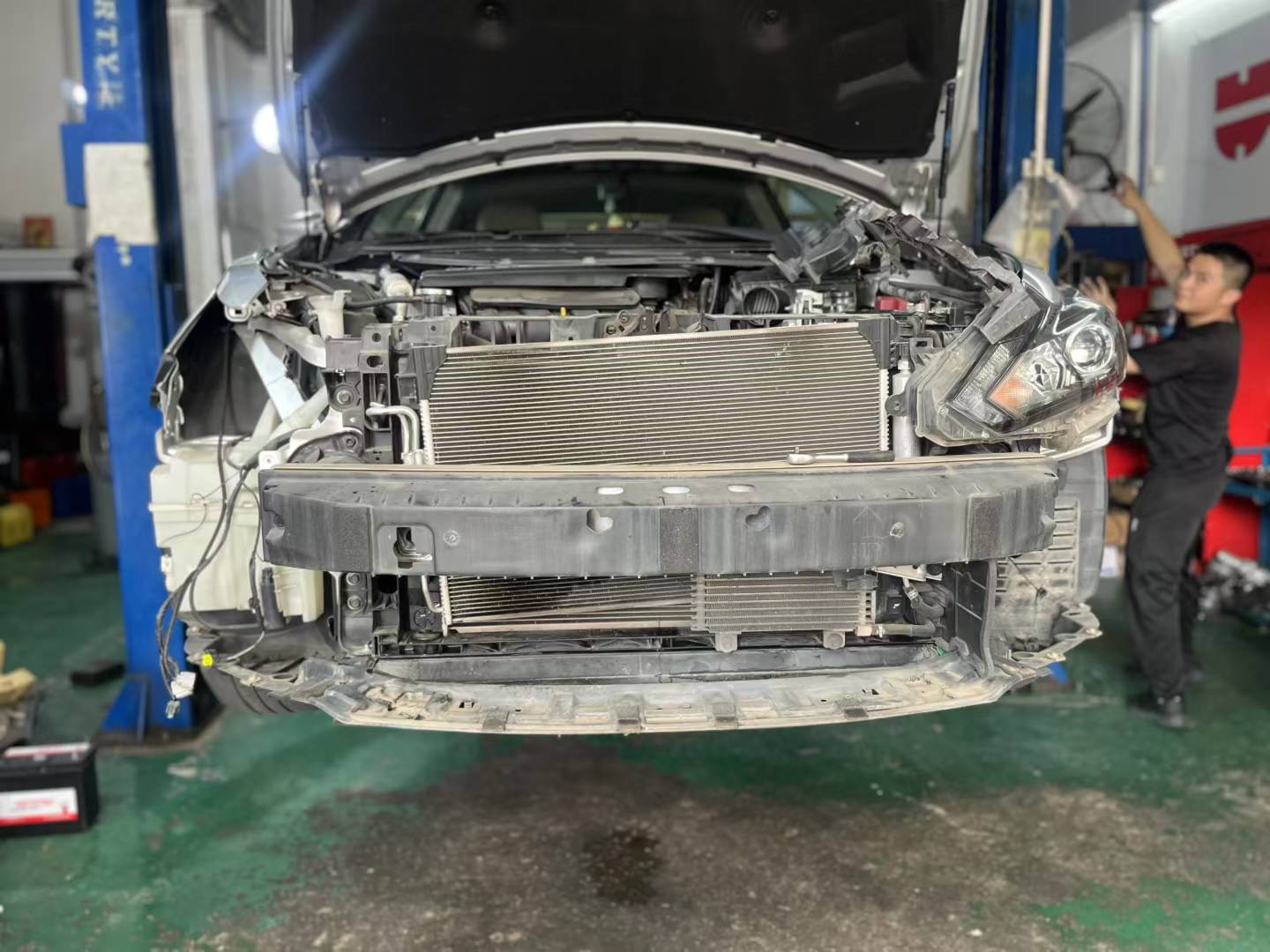How does a condenser effect in car air conditioning systems
Jul 15, 2025
The condenser in a car air conditioning system is a crucial component that primarily functions to cool and convert high-temperature, high-pressure refrigerant gas into a liquid state, thereby releasing heat. Whether you’re maintaining a Nissan Teana or another vehicle model, understanding the condenser’s role ensures optimal AC performance. Here’s how it works:
1.Heat Dissipation:
After the compressor compresses the gaseous refrigerant, it transforms into a high-temperature, high-pressure state (usually above 70°C). The condenser dissipates the heat into the external air through its metal tubing and fins (typically located adjacent to the radiator), cooling down the refrigerant.
2.State Transformation:
The high-temperature, high-pressure refrigerant gas gradually cools down in the condenser, ultimately liquefying into high-pressure liquid refrigerant. This process, known as "phase change," is a critical phase in the air conditioning refrigeration cycle (compression → condensation → expansion → evaporation).
3.Collaborative Operation with the Evaporator:
After releasing heat, the liquid refrigerant from the condenser flows to the expansion valve or orifice tube, undergoes a rapid pressure drop, and enters the evaporator to absorb heat, achieving interior cooling. The condenser and evaporator together facilitate the transfer of heat: the condenser releases heat while the evaporator absorbs heat.
4.Additional Auxiliary Functions:
Impurity Filtration: Some condenser designs incorporate desiccant bottles to adsorb moisture and impurities from the refrigerant.
Energy Efficiency Optimization: Modern condensers (such as parallel flow designs) enhance cooling efficiency by increasing heat transfer area, thereby reducing the air conditioning system's load.
Common Malfunction Impacts:
Condenser Blockage or Damage: Issues can lead to poor heat dissipation, reduced air conditioning cooling effects, and even high-pressure system alarms.
Fan Malfunction or Dirty Fins: Similar problems can diminish condenser efficiency, requiring regular cleaning and maintenance.
